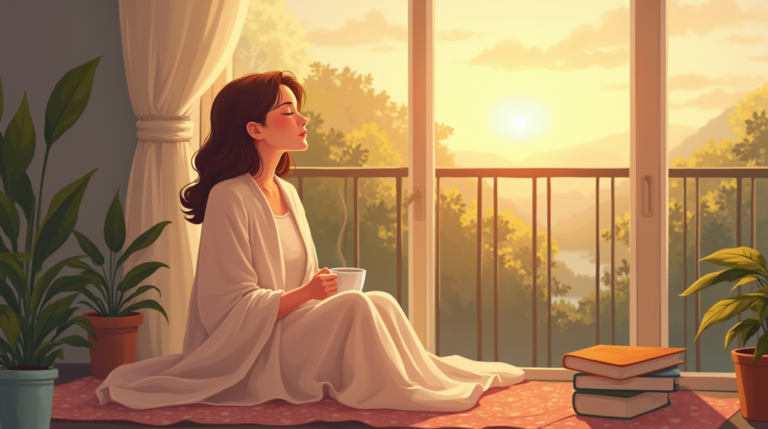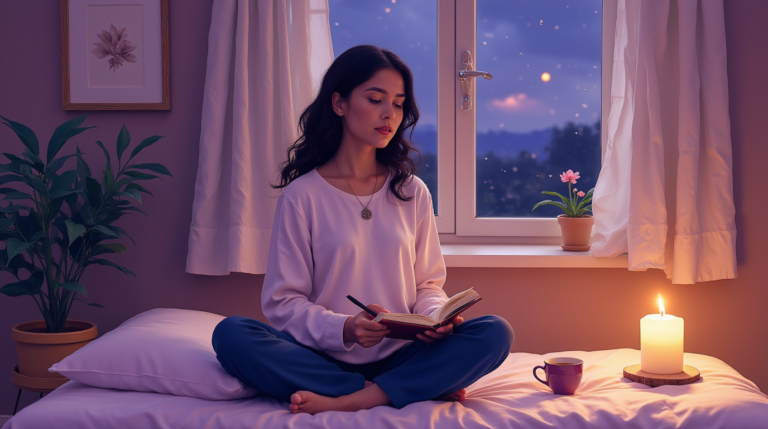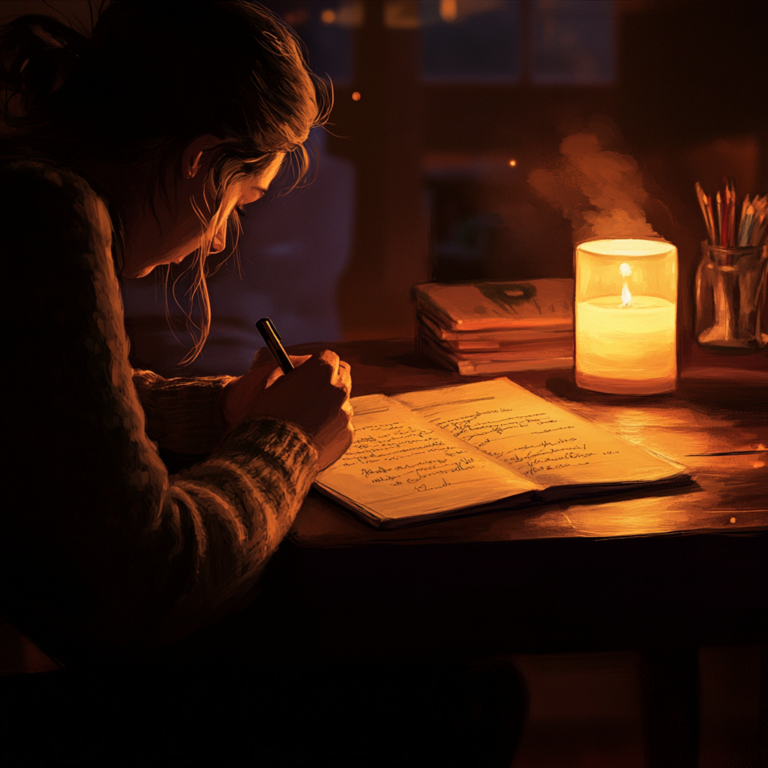5 Powerful Truths That Prove Love Is an Illusion Only When You’re Unhealed

Table of Contents
Introduction: When You Start Believing Love Is an Illusion
It’s a feeling you might know all too well. After a heartbreak, betrayal, or relationship that didn’t live up to its promise, it’s easy to start wondering if love is even real. Maybe you’ve said it out loud or whispered it in your mind: Love is an illusion.
You’re not alone. Many people reach that same conclusion when love leaves them disappointed. But here’s the truth: love isn’t the illusion—your pain is. When you’re carrying unresolved wounds, love can look like a trick, a trap, or an unattainable dream. But that perspective is shaped by your emotional scars, not by love itself.
In this article, you’ll uncover five powerful truths that challenge the idea that love is an illusion. You’ll learn how unhealed trauma, unrealistic expectations, and emotional dependency cloud your view of real connection—and how healing helps you see love for what it truly is.
Truth #1: Believing Love Is an Illusion Comes from Unhealed Pain
When you’ve been hurt deeply, your mind starts building walls. It tells you that love is dangerous, that it always ends badly, or that it’s just a game people play. But what you’re really reacting to isn’t love—it’s the pain you haven’t processed.
When emotional wounds go unhealed, they shape your beliefs. Instead of seeing love as connection, you start to see it as loss. Instead of trust, you feel fear. And instead of vulnerability, you feel like you must protect yourself at all costs.
How to Break the Illusion:
- Acknowledge your pain without turning it into a worldview.
- Understand that your past experiences don’t define what love can be.
- Start the process of emotional healing with intention, therapy, or journaling.
Pain is real, but it doesn’t have to rewrite your definition of love.
Truth #2: Real Love Begins with Self-Love
If you don’t love yourself, you’re more likely to accept relationships that feel like love—but aren’t. You settle. You chase. You cling to people who don’t value you because you don’t fully value yourself.
This is why self-love is a prerequisite for real connection. When you’re healed and grounded in your worth, love feels different. You’re not desperate for it. You’re not trying to earn it. You’re ready to share it, not beg for it.
Signs You’re Building Real Self-Love:
- You say no to what doesn’t feel aligned.
- You no longer seek validation from people who don’t show up.
- You prioritize your peace over temporary attention.
Healing starts when you begin treating yourself with the respect, care, and compassion you once gave away too freely. And from that healed place, love becomes clearer, safer, and more real.

Truth #3: Not Everyone Who Says “Love” Means It
One of the reasons you may believe love is an illusion is because you’ve experienced versions of it that were built on fantasy, attachment, or emotional instability. Sometimes, what feels like love is actually something else:
- Infatuation
- Emotional dependency
- Trauma bonding
- The need to be needed
These experiences can feel intense and consuming. But they’re often confused with love because they mimic its emotional high. What they lack, however, is safety, respect, and mutual growth.
How Healing Helps:
- You start to recognize red flags faster.
- You stop confusing intensity with intimacy.
- You attract emotionally available partners instead of chaotic ones.
Real love is steady, not obsessive. It builds over time. If you’ve only known chaotic connections, healing will help you distinguish love from illusion.
Truth #4: Love Isn’t the Illusion—Perfection Is
Many people are chasing a version of love they’ve seen in movies, filtered through Instagram, or imagined during lonely nights. But that version is built on fantasy. Real love isn’t perfect. It’s made up of two flawed people choosing to be present, honest, and compassionate with each other.
When you expect perfection, love will always disappoint you. That’s not because love is fake—it’s because your expectations are.
To Find Real Love:
- Stop idealizing perfect relationships and start valuing healthy ones.
- Embrace vulnerability, compromise, and emotional accountability.
- Let go of the belief that someone else will complete you.
The illusion is the fairytale. The truth is, love takes work—but it’s worth it when it’s real.
Truth #5: You Can Fall in Love Again—But It Starts With You
If you’ve been heartbroken, abandoned, or betrayed, it’s normal to feel like love is out of reach. But healing shows you that the love you thought was gone was never outside of you—it was always waiting inside.
Once you begin to heal, you build a stronger relationship with yourself. You learn what you need, how to communicate it, and how to choose partners who align with your growth—not your wounds.
You Know You’re Ready to Love Again When:
- You’re not looking for someone to save you.
- You feel whole on your own but open to connection.
- You’re clear on your boundaries and values.
Love isn’t the illusion. Thinking you can’t feel it again is. When you start with yourself, you don’t just find love—you become the kind of person who naturally attracts it.
FAQ: Is Love Really an Illusion or Just a Reflection of My Pain?
Q: Why does love feel fake after I’ve been hurt? A: Because your emotional system is trying to protect you. But that protection often clouds your ability to see what love really is.
Q: What’s the difference between real love and emotional dependency? A: Dependency feels urgent and unstable. Real love feels safe, consistent, and mutual.
Q: How can I trust love again after betrayal? A: Trust yourself first. Learn to listen to your intuition, set boundaries, and communicate openly. Real trust grows when you feel emotionally secure.
Q: Is self-love really enough? A: It’s the foundation. Without it, you’ll look to others to fill the gaps you haven’t addressed within.
Conclusion: Love Isn’t an Illusion—But Unhealed Eyes Can’t See It Clearly
When you believe love is an illusion, it’s usually because you’ve been looking through the lens of unhealed pain, unrealistic expectations, or unmet emotional needs. But the more you heal, the clearer your vision becomes.
You begin to see that love was never the problem. Your past wasn’t a definition—it was a lesson. And every time you choose to heal, you move closer to the kind of love that’s real, grounding, and life-giving.
Don’t give up on love. Start with yourself. Heal deeply, love honestly, and trust that what’s meant for you will recognize the healed version of you—not the broken one still searching for illusions.





